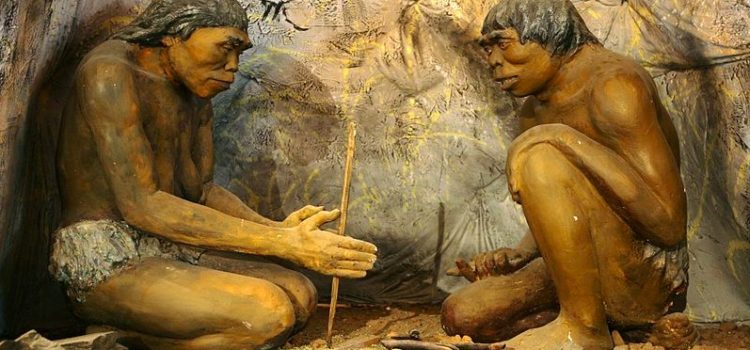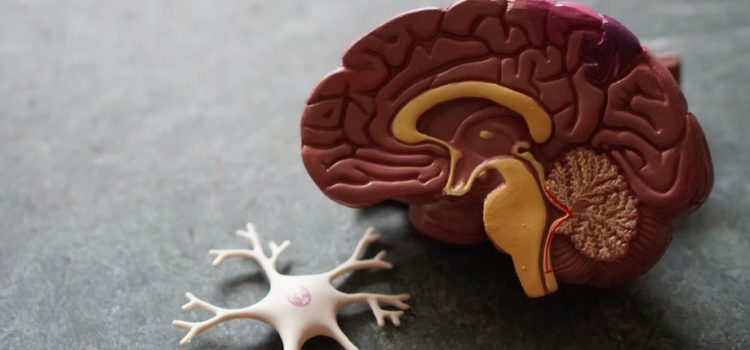What is humanism? What are the different types of humanism philosophies? Do humanist beliefs require a God? Humanism is the term for religions or belief systems that worship man rather than God or gods. This doesn’t mean that humanists don’t believe in God. There are four general types of humanism: liberal humanism, socialist humanism, and evolutionary humanism. We’ll cover how these three types of humanistic beliefs differ from one another, humanism meaning, and what the future of humanism looks like.
3 Types of Humanism: How Humans Worship Themselves










